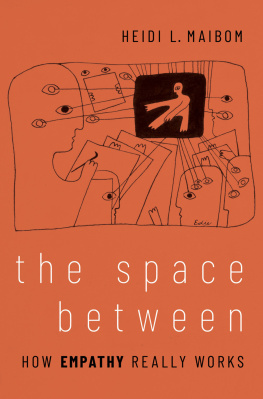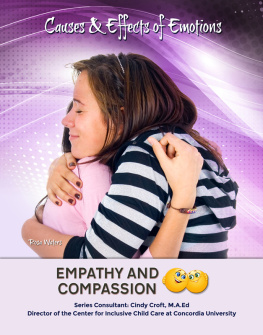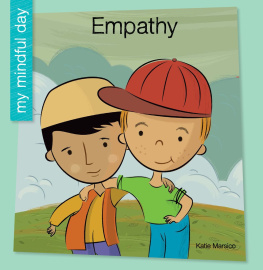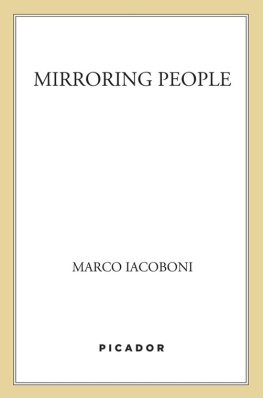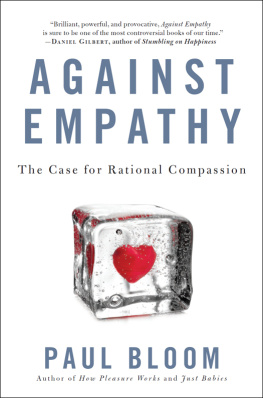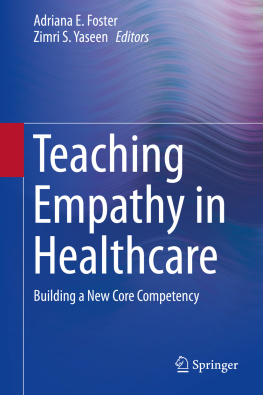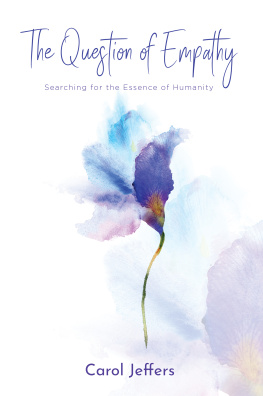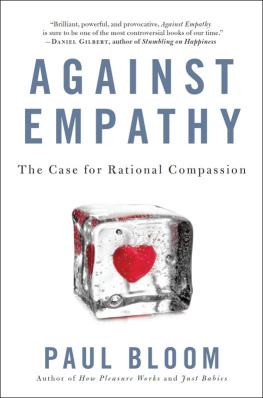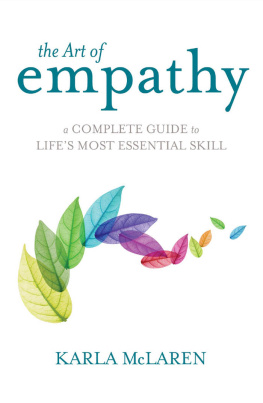Heidi L. Maibom - Empathy and Morality
Here you can read online Heidi L. Maibom - Empathy and Morality full text of the book (entire story) in english for free. Download pdf and epub, get meaning, cover and reviews about this ebook. year: 2014, publisher: Oxford University Press, genre: Romance novel. Description of the work, (preface) as well as reviews are available. Best literature library LitArk.com created for fans of good reading and offers a wide selection of genres:
Romance novel
Science fiction
Adventure
Detective
Science
History
Home and family
Prose
Art
Politics
Computer
Non-fiction
Religion
Business
Children
Humor
Choose a favorite category and find really read worthwhile books. Enjoy immersion in the world of imagination, feel the emotions of the characters or learn something new for yourself, make an fascinating discovery.

- Book:Empathy and Morality
- Author:
- Publisher:Oxford University Press
- Genre:
- Year:2014
- Rating:5 / 5
- Favourites:Add to favourites
- Your mark:
Empathy and Morality: summary, description and annotation
We offer to read an annotation, description, summary or preface (depends on what the author of the book "Empathy and Morality" wrote himself). If you haven't found the necessary information about the book — write in the comments, we will try to find it.
This collection is dedicated to the question of the importance of these capacities to morality. It brings together twelve original papers in philosophy, psychology, psychiatry, anthropology, and neuroscience to give a comprehensive overview of the issue and includes an extensive survey of empathy and empathy-related emotions. Some contributors argue that empathy is essential to core cases of moral judgments, others that empathic concern and moral considerations give rise to wholly distinct motives. Contributors look at such issues as the absence of empathy in psychopaths, the use of empathy training for rehabilitating violent offenders, and the presence of empathy in other primates. The volume is distinctive in focusing on the moral import of empathy and sympathy.
Heidi L. Maibom: author's other books
Who wrote Empathy and Morality? Find out the surname, the name of the author of the book and a list of all author's works by series.

